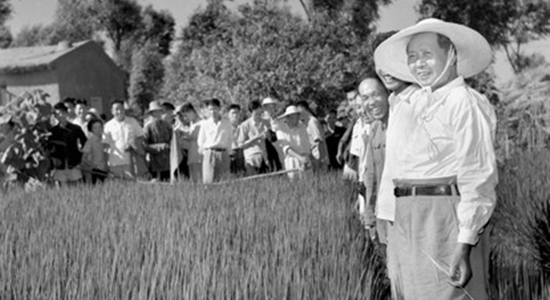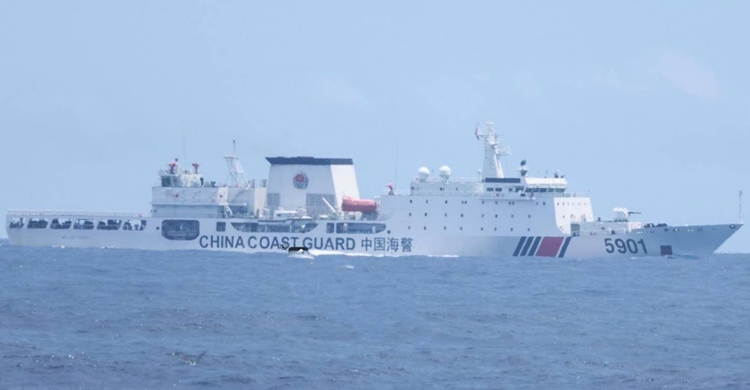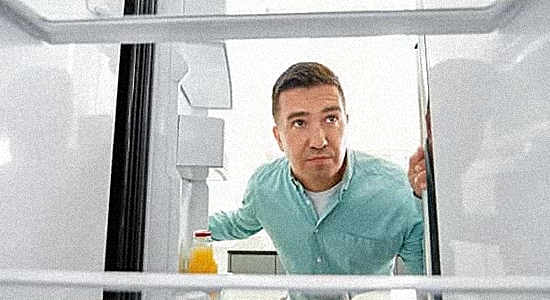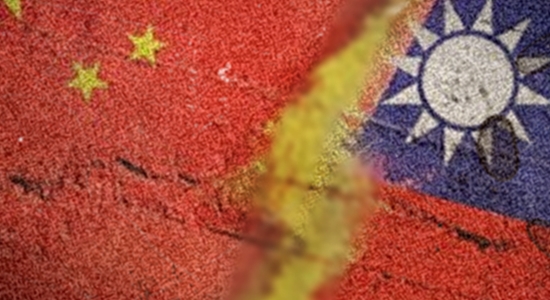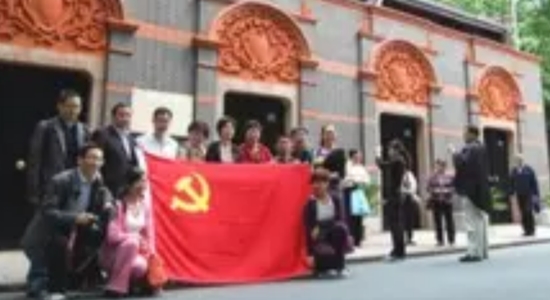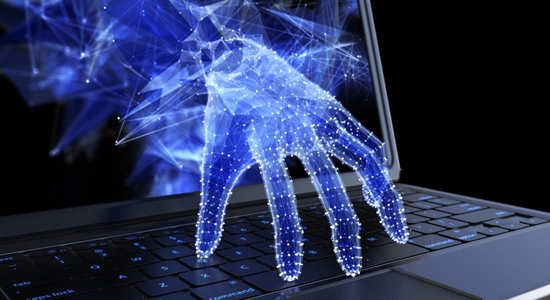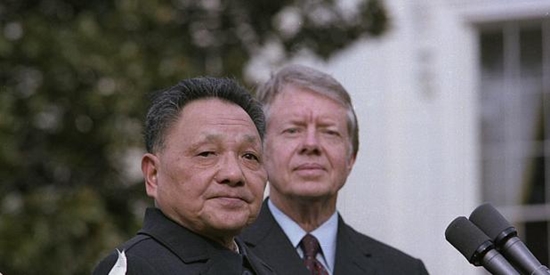
Just a few years after the death of Mao Zedong—whose “merits outweighed his faults,” according to Encyclopedia Britannica contributor and Mao biographer Stuart Schram—Jimmy Carter was glimpsing vistas of glorious international goodwill.
President Carter wanted to help bring about a future of mutual comity and understanding. The kind of future that Richard Nixon and Henry Kissinger had, in their view, helped to inaugurate when Mao was still alive and making it hard for future Britannica contributors to sound judicious and objective when concluding that Mao was more good than evil.
A source of vitality
On January 29, 1979, on the occasion of exchanging toasts and words with Deng Xiaoping during Deng’s visit to the White House, Carter said:
“Our histories and our political and economic systems are vastly different. Let us recognize those differences and make them sources not of fear, but of healthy curiosity; not as a source of divisiveness, but of mutual benefit.
“As long as we harbor no illusions about our differences, our diversity can contribute to the vitality of our new relationship. People who are different have much to learn from each other.”
Deng agreed: “Friendly cooperation between our two peoples is bound to exert a positive and far-reaching influence on the way the world situation evolves.”
How did the world situation evolve? How did China evolve?
China After Mao
In the preface of his 2022 book China After Mao, Frank Dikötter writes that he is not impressed by the reforms instituted by Deng and other Chinese leaders.
A few years ago the People’s Republic of China officially celebrated forty years of ‘Reform and Opening Up’, the term given to the programme of economic reforms inaugurated by Deng Xiaoping in December 1978. The transformation of an insulated country reeling from the chaos of the Cultural Revolution into the world’s second-largest economy is invariably hailed as a miracle….
I remain sceptical. Contrary to what one might reasonably expect after forty years of ‘Reform and Opening Up’, the situation is not so very different today….
A wealth of hitherto unavailable evidence allows us to test some common assumptions about the era of ‘Reform and Opening Up’. For decades a motley crew of foreign politicians, entrepreneurs and experts have told us that the People’s Republic was on the road to becoming a responsible stakeholder, possibly even a thriving democracy. Political reform would succeed economic reform as surely as the cart follows the ox. But at no point has any [Chinese] leader said anything in support of the separation of powers….
Over the past two or three years, numerous observers have somewhat belatedly changed their minds and no longer envisage a Communist Party of China steadfastly advancing towards democracy. But a great many still believe in the past existence of real economic reform with a concerted move from the plan to the market, from public ownership to private enterprise…. What we have witnessed so far is merely tinkering with a planned economy. How otherwise to explain the fact that the party insists on having Five Year Plans? More to the point, since 1976 the party has continued to retain ownership of all industry and most large enterprises. To this day, the land belongs to the state, a great many raw material resources belong to the state, major industries are controlled directly or indirectly by the state, and the banks belong to the state…. An economy in which the means of production are controlled by the state is usually described as a socialist economy.
The future to be gained by the proposed mutual understanding and mutual healthy curiosity of nations whose “histories and political and economic systems are vastly different” hasn’t panned out. Not for the Chinese, not for the world.
China’s government oppresses and terrorizes China’s people. And in many different ways, China constantly attacks the United States and other nations. In the years since Nixon and Carter got the ball rolling, we have helped to bankroll those attacks by our trade deals and to inspirit them by our moral defaults.
